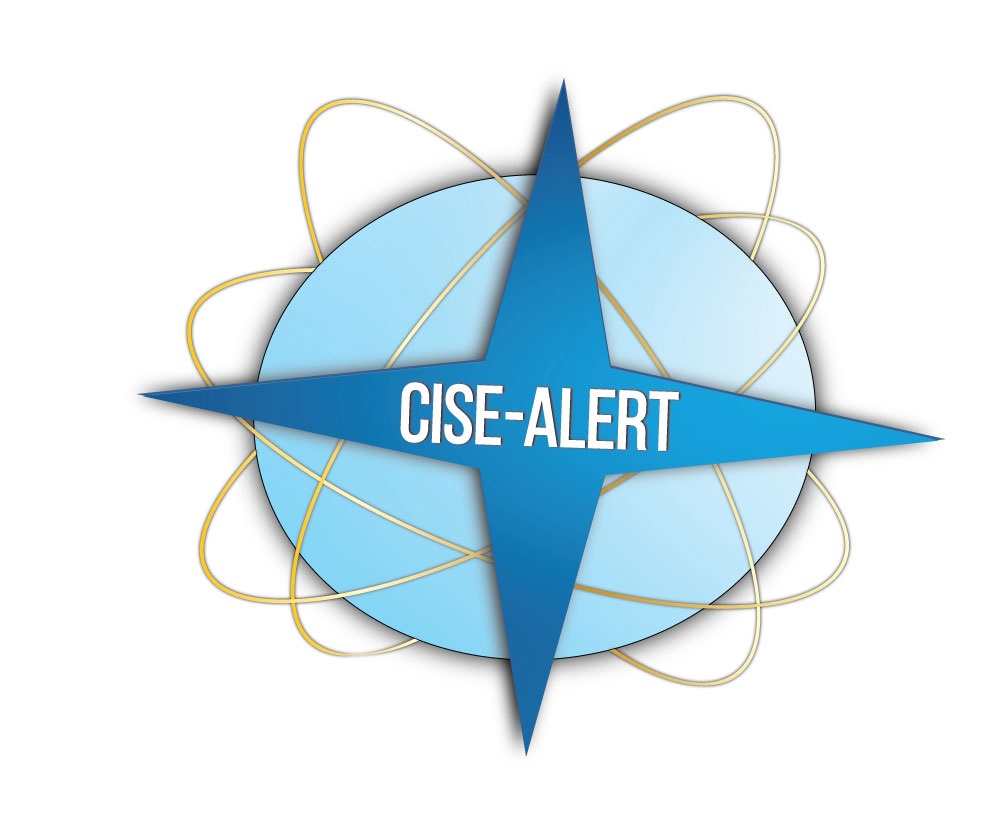CISE tested in various maritime surveillance operations at sea
The CISE-ALERT project, at the final stage of its lifespan, is already bringing promising results in testing the use of CISE in an operational context. Out of the seven different scenarios drawn-up, five trials have been successfully conducted and the outcomes were presented using a series of infographics and short videos, now available at the CISE-ALERT website.
The CISE-ALERT project is an initiative involving 6 EU Member States (France, Bulgaria, Greece, Italy, Slovenia, Portugal) and 2 associated countries (Finland, the Netherlands), aiming at fostering the effective use of CISE for information exchange in maritime surveillance operations at sea. During the final phase of the project, from April 2024 onwards the involved authorities have performed a series of trials concerning the following seven use cases:
(1) protection of critical infrastructures (see the video here),
(2) illegal activities/irregular migration (see the video here),
(3) pollution response (see the video here),
(4) Search and Rescue (see the video here),
(5) dealing with Illegal fishing (infographic),
(6) fight against drug trafficking (infographic), and,
(7) pre-arrival clearing customs operations (infographic).
The first five trials were successfully concluded, leading to closer cooperation amongst the various national maritime administrations involved, enhancing the understanding of CISE functionalities, and raising awareness about the potential of CISE to enhance situational awareness. They also provided an opportunity to identify a number of lessons learnt and areas for further improvement.
Detailed information about the CISE-ALERT project, participating authorities, and the activities performed thus far can be found at https://www.cise-alert.eu/
Note: The CISE-ALERT project is co-funded by the European Union under the European Maritime, Fisheries and Aquaculture Fund (EMFAF). Views and opinions expressed in the content of the videos are solely those of the author(s) and do not necessarily reflect the official policy or position of any affiliated organizations.

